1.2 — What Exactly is Economics?
ECON 452 • History of Economic Thought • Fall 2022
Ryan Safner
Associate Professor of Economics
safner@hood.edu
ryansafner/thoughtF22
thoughtF22.classes.ryansafner.com
Two Interpretations of Intellectual History
(1) Relativism: all theories put forth in past are mere reflections of their contemporary history
No objective “right or wrong,” no need for internal consistency, generalizability
Test: do they accurately reflect their time?
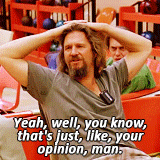
Relativism Examples
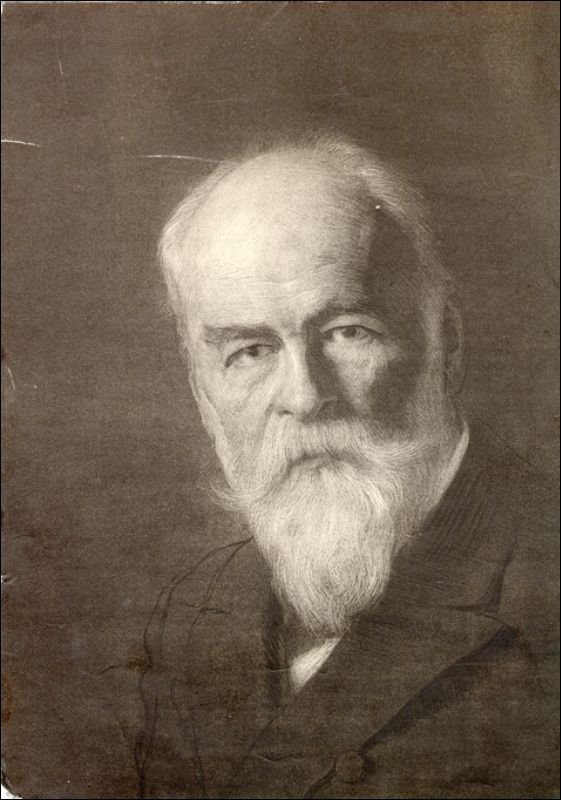
Gustav von Schmoller
1838-1917
German Historical School
- No universal laws of economics
- All contingent on culture, history, politics of the time
- Economics is history, more or less
Opposition to (British) Classical economists; support of rising German (Prussian) nationalism
Relativism Examples
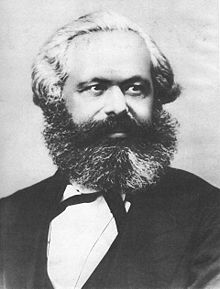
Karl Marx
1818-1883
Marxist historiography: history is material class struggles
- Ideas & institutions are determined by which economic class controls the means of production
Thinkers are the product of their “(false) class consciousness”
- Can only (unwittingly) defend ideas & institutions that perpetuates their class interests
- i.e. (post-Medieval) economists can only defend a bourgeois ideology because the bourgeoisie control the means of production
Two Interpretations of Intellectual History
(2) Absolutism: there exists some unchanging, objective Truth
Each historical theory correctly or incorrectly describes some part of it
Can compare historical theories over time as better or worse depending on how much of “the Truth” they capture
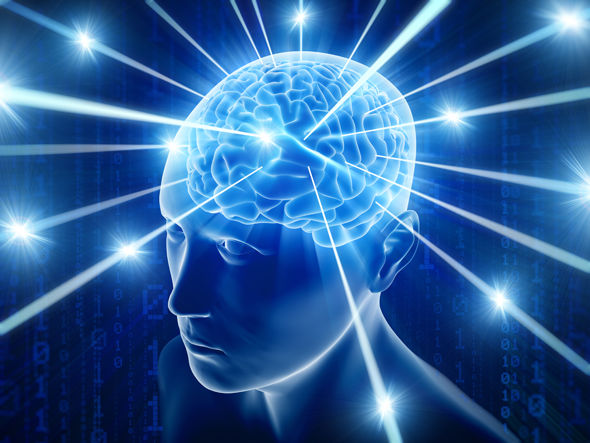
Absolutism & Whig History
Absolutist mutation of Whig history: history is an inexorable climb towards progress (liberty, enlightenment, truth, liberal democracy, etc.)
The past is always more barbaric, more ignorant, and worse than the present (“The Dark Ages”)
The present (and future) is as close to ideal and will keep getting better
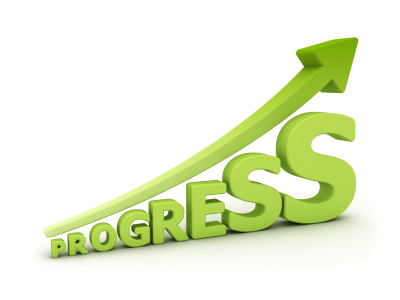
Orthodox and Heterodox
Orthodox and Heterodox Economics
Orthodox: the collection of mainstream† and generally accepted consensus views
Heterodox: competing schools of thought that diverge from orthodoxy (but often still agree with some of its core tenets)
Note: “Mainline” economics (last class) fits both from time to time!
† Not just the Top 5 here!

Modern Economic Orthodoxy
“Neoclassical microeconomics” broadly (though caveats); general equilibrium
Macroeconomics: dynamic stochastic general equilibrium (DSGE), New Keynesianism
Mathematical formalism in theory, empirical econometric testing
What is taught in undergraduate & graduate economics education
Cutting edge of research in Top 5 journals/departments influences future of orthodoxy
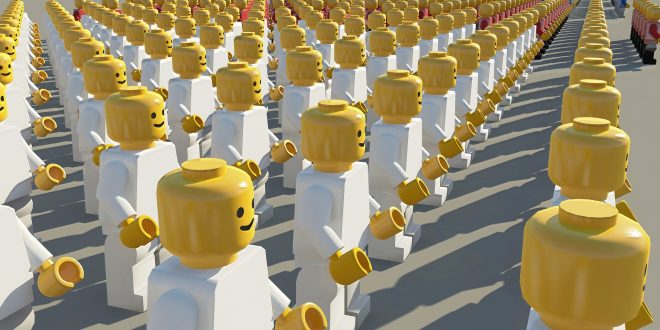
Modern Heterodox Economics
Critical of orthodoxy in some way; focuses on questions that orthodoxy ignores
Sometimes blends into mainstream
- behavioral economics, public choice theory, experimental economics
Common critiques of neoclassical assumptions (rationality, perfect competition, perfect information)
Examples: Post-Keynesian macro, MMT, New/Institutional, Austrian, feminist, ecological, Marxist economics

Orthodox and Heterodox Economics
“[History of economic thought] shows [heterodox economists’] history and demonstrates that they are not simply malcontents but are the carriers of traditions that the modern mainstream has lost. For example, heterodox economists have often ventured beyond the boundaries of orthodox economic theory into a no man’s land among economics, sociology, anthropology, psychology, political science, history, and ethics. Modern economics is only now beginning to see the need to do that. Whereas modern orthodox theorists have largely focused on the four problems of allocation, distribution, stability, and growth, heterodox economists have studied the forces that produce changes in the society and economy...Often what orthodox writers take as given, heterodox writers try to explain; and what heterodox writers take as given, orthodox economists try to explain. Thus, the differences between heterodox and orthodox economists are often differences in focus, not diametrically opposed theories,” (pp.5-6).
“Nonmainstream schools play important roles in the evolution of a discipline: they pollinate the mainstream view and keep it honest by pointing out its shortcomings or inconsistencies,” (p.7).
Landreth, Harry and David Colander, 1996, The History of Economic Thought, 4th ed.
Some Philosophy of Science
Positivism
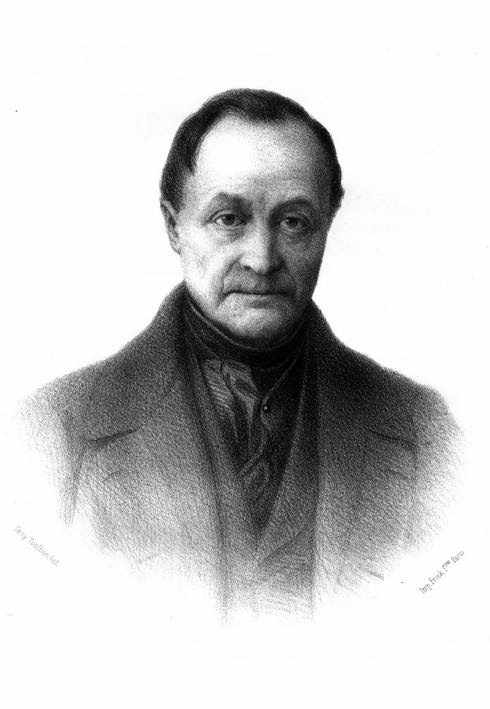
August Comte
1798-1857
Positivism: knowledge is derived (only) from quantifiable empirical evidence
- NOT from pure reason, revelation, or intuition
Society and physical world operate under discoverable empirical & experimental laws
"The law is this: that each of our leading conceptions [of both mind and society] – each branch of our knowledge – passes successively through three different theoretical conditions: the Theological, or fictitious; the Metaphysical, or abstract; and the Scientific, or positive."
Comte, Auguste, 1830-1842, Course of Positive Philosophy
Logical Positivism
- "Logical positivism" (1920s-1930s): only empirically-verifiable statements are knowledge
- anything not empirically-verifiable is unscientific and meaningless
“The meaning of a method is the method of its verification.” – Moritz Schlick
“If you cannot predict, you have not explained.” – Carl Hempel
- "Vienna Circle"
- Notables members/associates: Moritz Schlick, F.A. Hayek, Ludwig Wittgenstein, Karl Popper
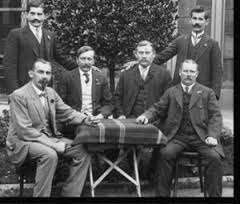
"The Vienna Circle"
Popperian Falsifiability
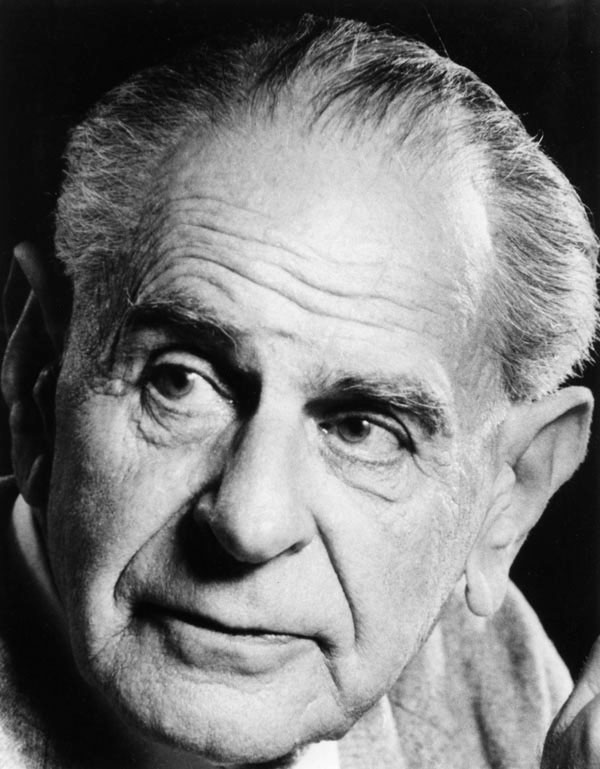
Karl Popper
1902-1994
Two problems of science:
- Induction: can inductive reasoning produce new certain knowledge?
- Demarcation: what is the border between "science" and "non-science"
Popper's answer to both is falsifiability
“statements or systems of statements, in order to be ranked as scientific, must be capable of conflicting with possible, or conceivable observations,” (p.39)
Popper, Karl, 1934, The Logic of Scientific Discovery (1959 English translation)
Popperian Falsifiability
A scientific proposition is capable of being falsified
A hypothesis can be corroborated with evidence, but never proven
- always tentative until it can be falsified (and a better hypothesis found)
Example: “all swans are white” is a testable hypothesis, rejected upon discovery of a black swan
Science is an endless sequence of conjectures and refutations

Related: Hypothesis Testing in Statistics
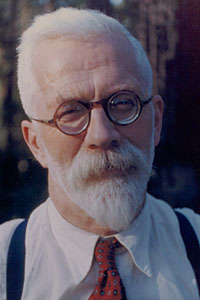
Sir Ronald A. Fisher
1890-1962
“The null hypothesis is never proved or established, but is possibly disproved, in the course of experimentation. Every experiment may be said to exist only in order to give the facts a chance of disproving the null hypothesis.”
Fisher, R. A., 1931, The Design of Experiments
Kuhn’s Paradigm Shifts & Scientific Revolutions
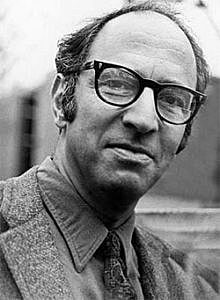
Thomas Kuhn
1798-1857
Science has a non-linear history; research is driven by paradigms
“Normal Science”: researchers working within an established paradigm
- don't challenge underlying assumptions of theory
Anomalies & problems accumulate that the standard paradigm can't account for
- contra Popper, this doesn't disprove the theory, viewed as mistakes by researcher
Kuhn, Thomas, 1962, The Structure of Scientific Revolutions
Kuhn’s Paradigm Shifts & Scientific Revolutions

Thomas Kuhn
1798-1857
When the established paradigm reaches a crisis, a paradigm shift
- “Scientific revolution”
New paradigm with different assumptions, theory, and framework than prior
Famous examples:
- Ptolomaic astronomy (geocentric) → Copernican astronomy (heliocentric)
- Aristotelian physics → Newtonian physics → Relativity & quantum mechanics
- Miasma theory of disease → germ theory of disease
Kuhn, Thomas, 1962, The Structure of Scientific Revolutions
Kuhn’s Paradigm Shifts & Scientific Revolutions

Thomas Kuhn
1798-1857
Different paradigms are incommensurable - can neither prove or disprove one paradigm using another’s concepts
Unfortunately, no neutral or objective language to compare paradigms...a lot of scientists “talking past one another”
Kuhn, Thomas, 1962, The Structure of Scientific Revolutions
Kuhn’s Paradigm Shifts & Scientific Revolutions

Thomas Kuhn
1798-1857
Examples in economics (?)
Classical economics → marginalist revolution
Classical macroeconomics → Keynesian revolution → counterrevolution
Kuhn, Thomas, 1962, The Structure of Scientific Revolutions
Lakatos’ Scientific Research Programmes
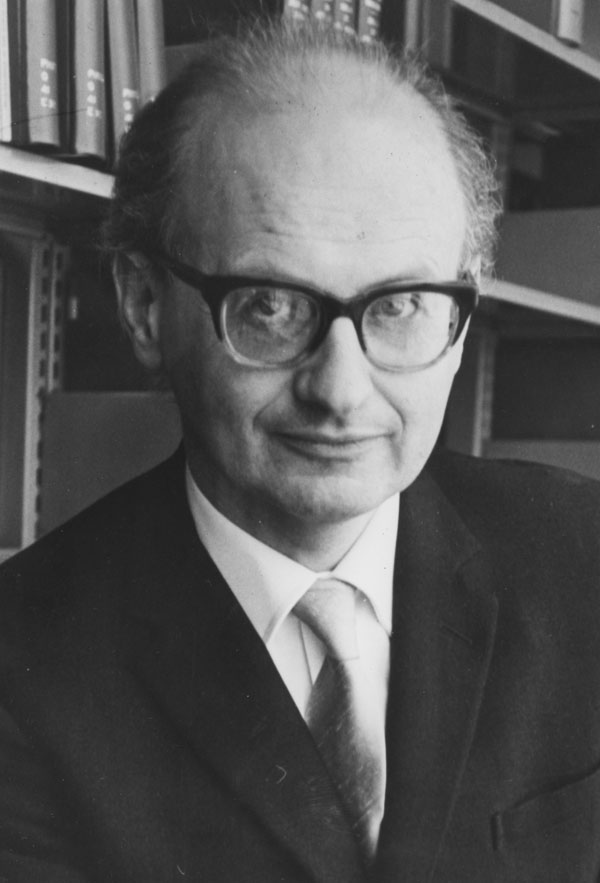
Imre Lakatos
1922-1974
Balance Popperian falsificationism & Kuhnian revolutions
A scientific research programme (SRP) based on a “hard core” of assumptions (unchallengeable without abandoning programme)
- More modest, malleable, expendable "auxiliary hypotheses" act as a “protective belt” to account for evidence that threatens the hard core
"It is not that we propose a theory and Nature may shout NO; rather, we propose a maze of theories, and nature may shout INCONSISTENT," (p.30)
Lakatos, Imre, 1970, "Falsification and the Methodology of Scientific Research Programmes," in Imre Lakatos and Alan Musgrave, eds, Criticism and the Growth of Knowledge
Lakatos’ Scientific Research Programmes

Imre Lakatos
1922-1974
Progressive research programme: productive, expanding its explanatory and predictive power into new domains without threatening its hard core
Degenerative research programme: losing explanatory power and having to adjust theory to protect hard core from threatening evidence
- Sign that a more progressive research programme should be found
Multiple research programmes coexist at any time and compete to be the most progressive
Lakatos, Imre, 1970, "Falsification and the Methodology of Scientific Research Programmes," in Imre Lakatos and Alan Musgrave, eds, Criticism and the Growth of Knowledge
Lakatos’ Scientific Research Programmes

Imre Lakatos
1922-1974
Example in economics (?)
- The hard core of modern economics (?):
- Maximizing agents (rationality)
- Equilibrium tendencies
- Decentralized market prices coordinate behavior & resources
Lakatos, Imre, 1970, "Falsification and the Methodology of Scientific Research Programmes," in Imre Lakatos and Alan Musgrave, eds, Criticism and the Growth of Knowledge
So is Economics a Science?
So is Economics a Science?
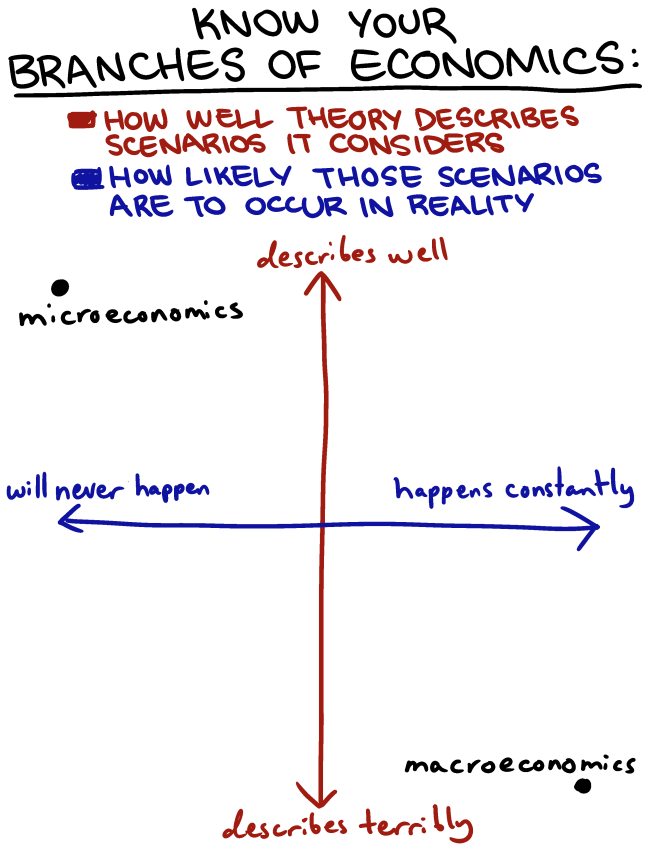
A Canonical Definition of Economics
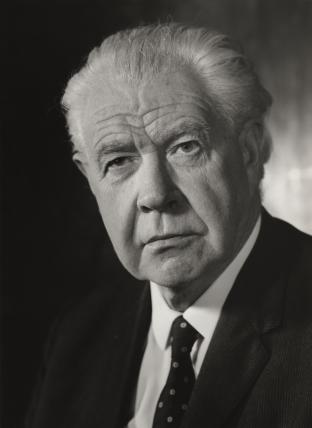
(Lord) Lionel Robbins
1898-1984
“Economics is the science which studies human behaviour as a relationship between ends and scarce means which have alternative uses” (p.15)
Robbins, Lionel, 1932, Essay on the Nature and Significance of Economic Science
Is Economics a Science?
As economists, we can't run experiments to falsify our theories
Society is not our laboratory (probably a good thing!)
Some exceptions:
- Randomized control trials (development economics)
- Experimental economics (in controlled university labs)

The Philosophy of Knowledge
Epistemology: the (philosophical) study of knowledge and what we can know
Two common sources of knowledge:
- A priori (“Rationalism”)
- A posteriori (“Empiricism”)

A Priori vs. A Posteriori
- A priori (“Rationalism”): knowledge deduced using reason
- truth-preserving tautologies
- already-true premises lead to a true conclusion that was "contained" in its premises (adds no new knowledge)
- Key philosophers: Plato, Rene Descartes, Immanuel Kant

A Priori vs. A Posteriori
- A posteriori (“Empiricism”): knowledge inferred from experience
- Using the senses and experiments to guess at a broader principle & gain new knowledge
- Key philosophers: Francis Bacon, John Locke, David Hume, John Stuart Mill, Bertrand Russell

Is Economics a Science?
How do you learn (or teach) economics?
“The law of demand”
“Sometimes, certain very sophisticated statistical tests of the law [of demand] in which every allowance has been made for bias and incompleteness, have resulted, after a good deal of handwringing and computer-squeezing, in the diagonal elements of certain matrices being negative at the 5 percent level of significance. And sometimes they have not. Even the inventors of fully identified, complete systems of demand equations...have no great confidence in the results. A shift of one metaphor here, a shift of one appeal to authority there, and the “proof” would be valid no longer,” (McCloskey 1998, 24).
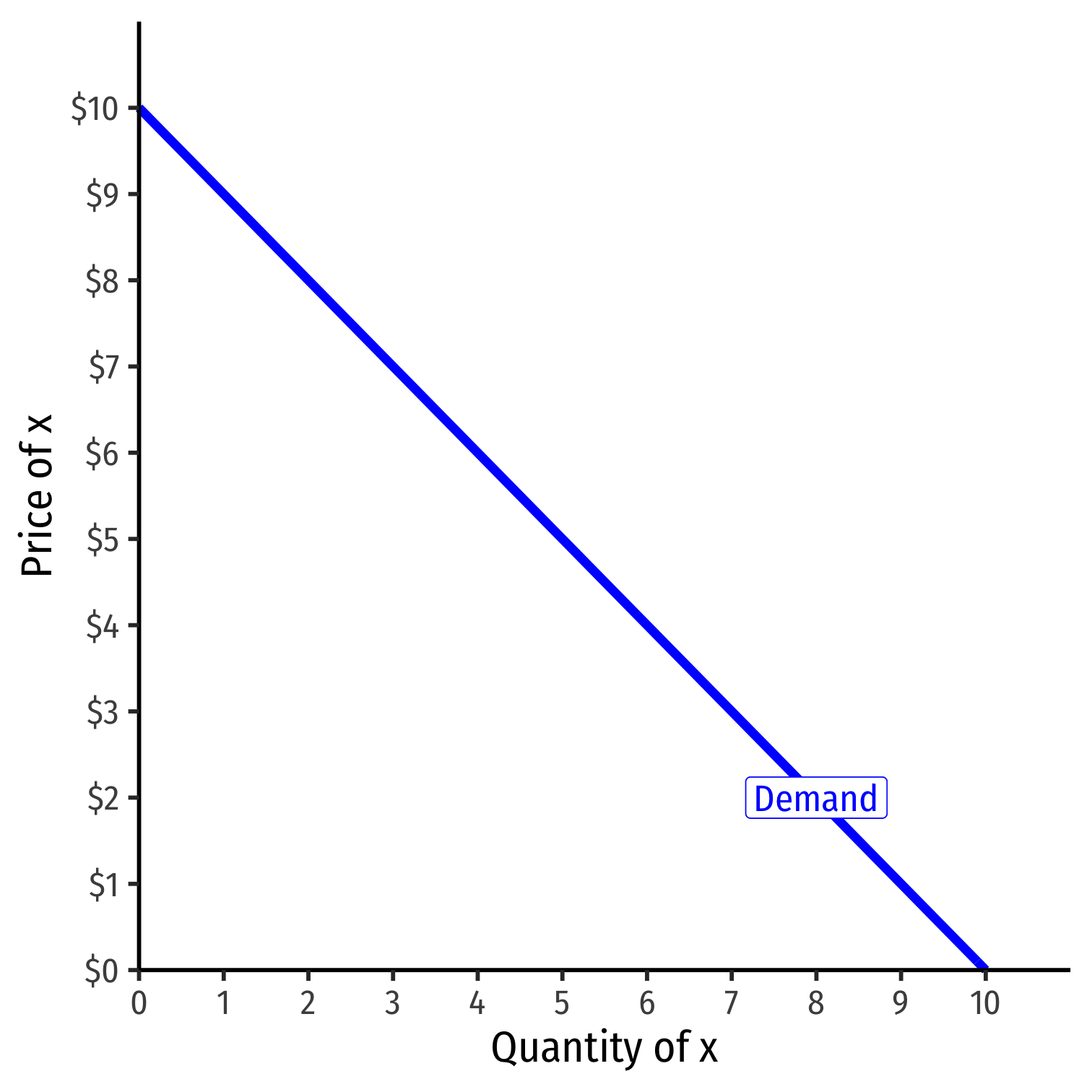
Modern Economics Constructs Models
Modern economists use fictional constructions to logically examine consequences
- deduction from axioms
Very different from other sciences
- Purposive, strategic human beings
- Introspective understanding
“All models lie. The art is telling useful lies.” - George Box
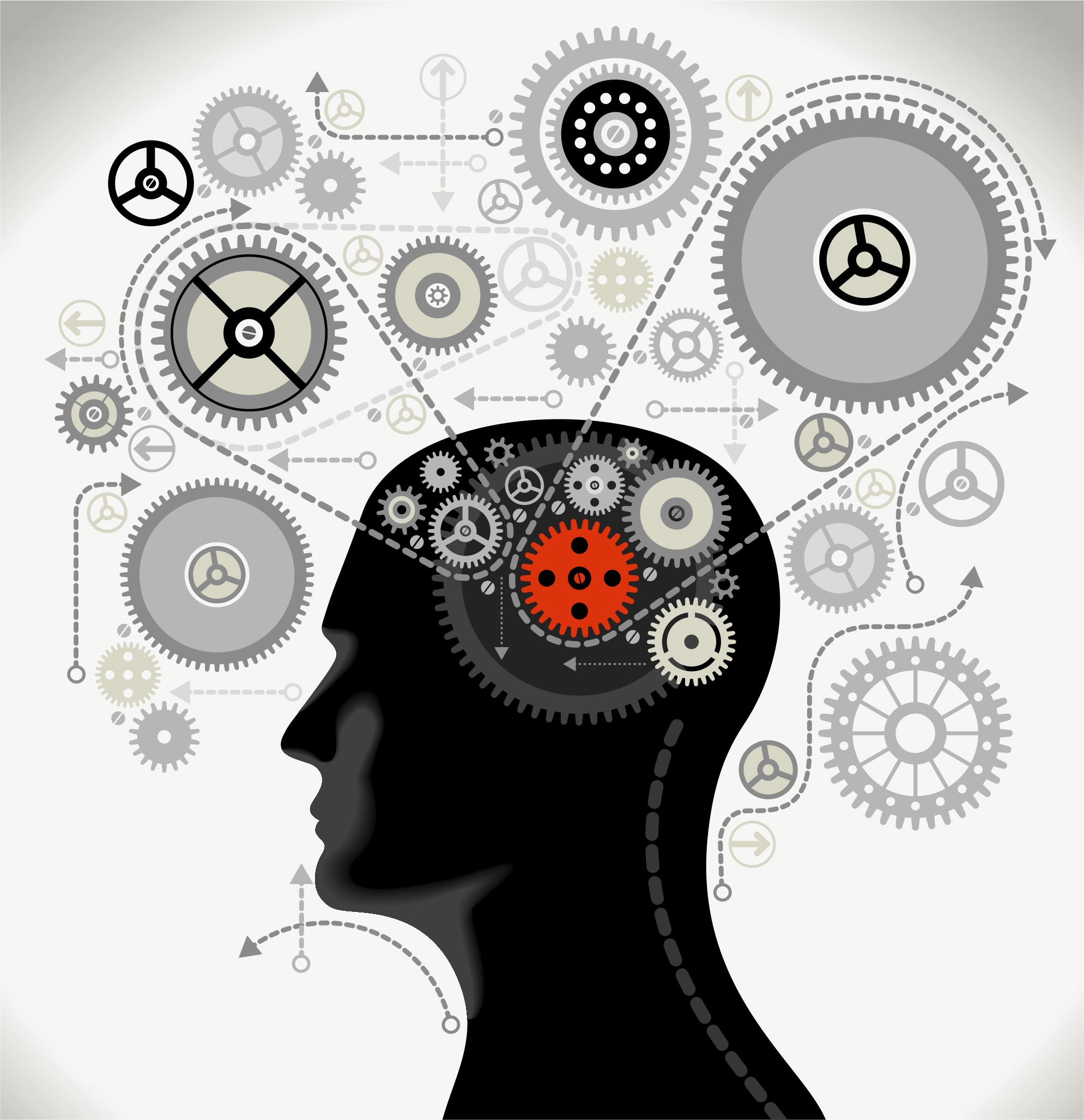
(How Much) Should We Use Mathematics?
Many have accused economists of suffering from “physics envy”
1870s+ neoclassical economics bases models on 300-year old physics
- simple Newtonian mechanics
- equilibrium
Economics as third-rate applied mathematics
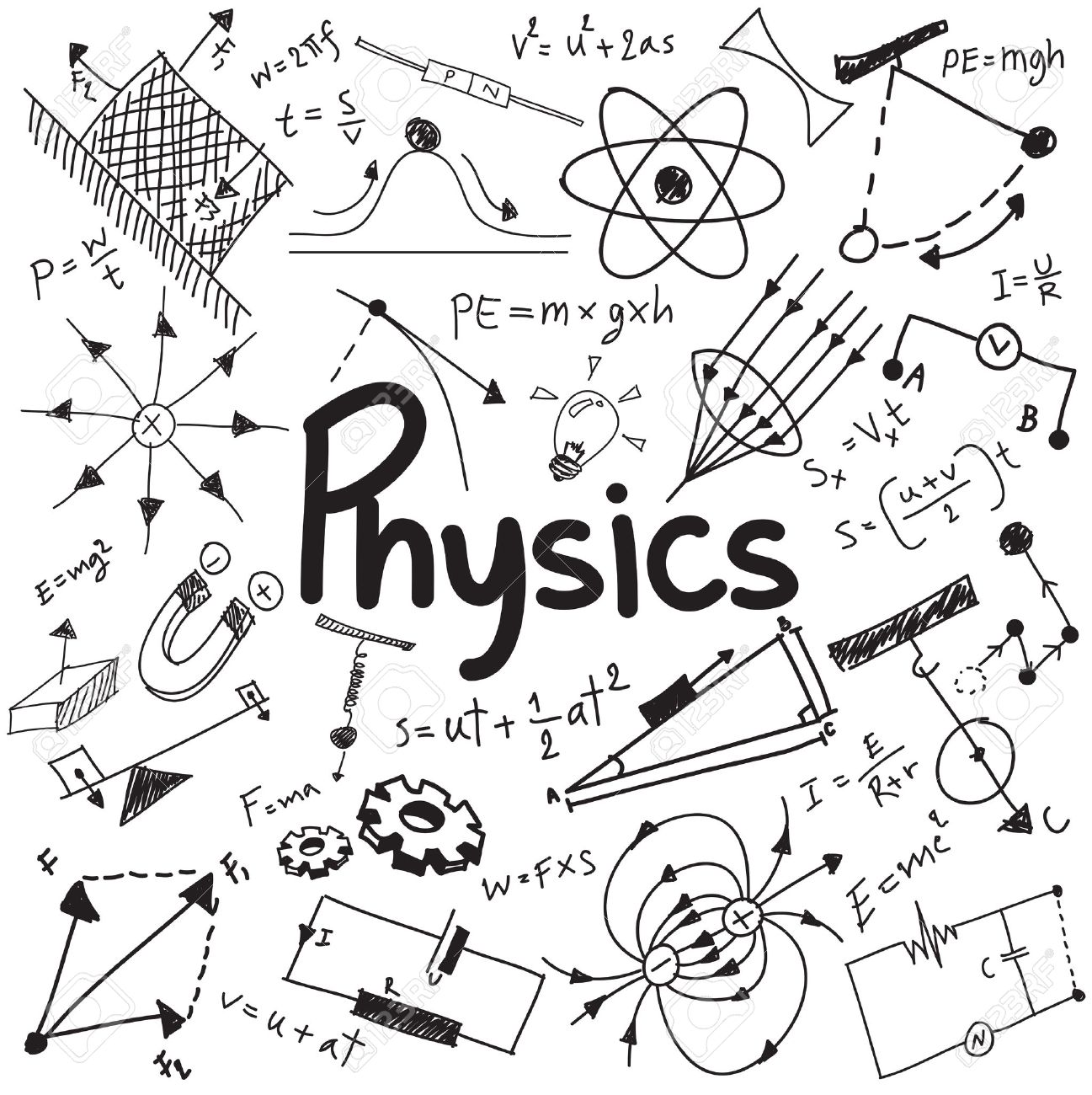
(How Much) Should We Use Mathematics?
Modern economics has done better (?), uses fancier mathematics
- Does this make us more accurate or merely wrong more precisely?
Micro: set theory, topology, real analysis
Macro: dynamic stochastic general equilibrium models, chaos theory
Econometric causal inference techniques since “credibility revolution” (1990s) are cutting edge!

(How Much) Should We Use Mathematics?
Modeling, “Realism”, and Testability
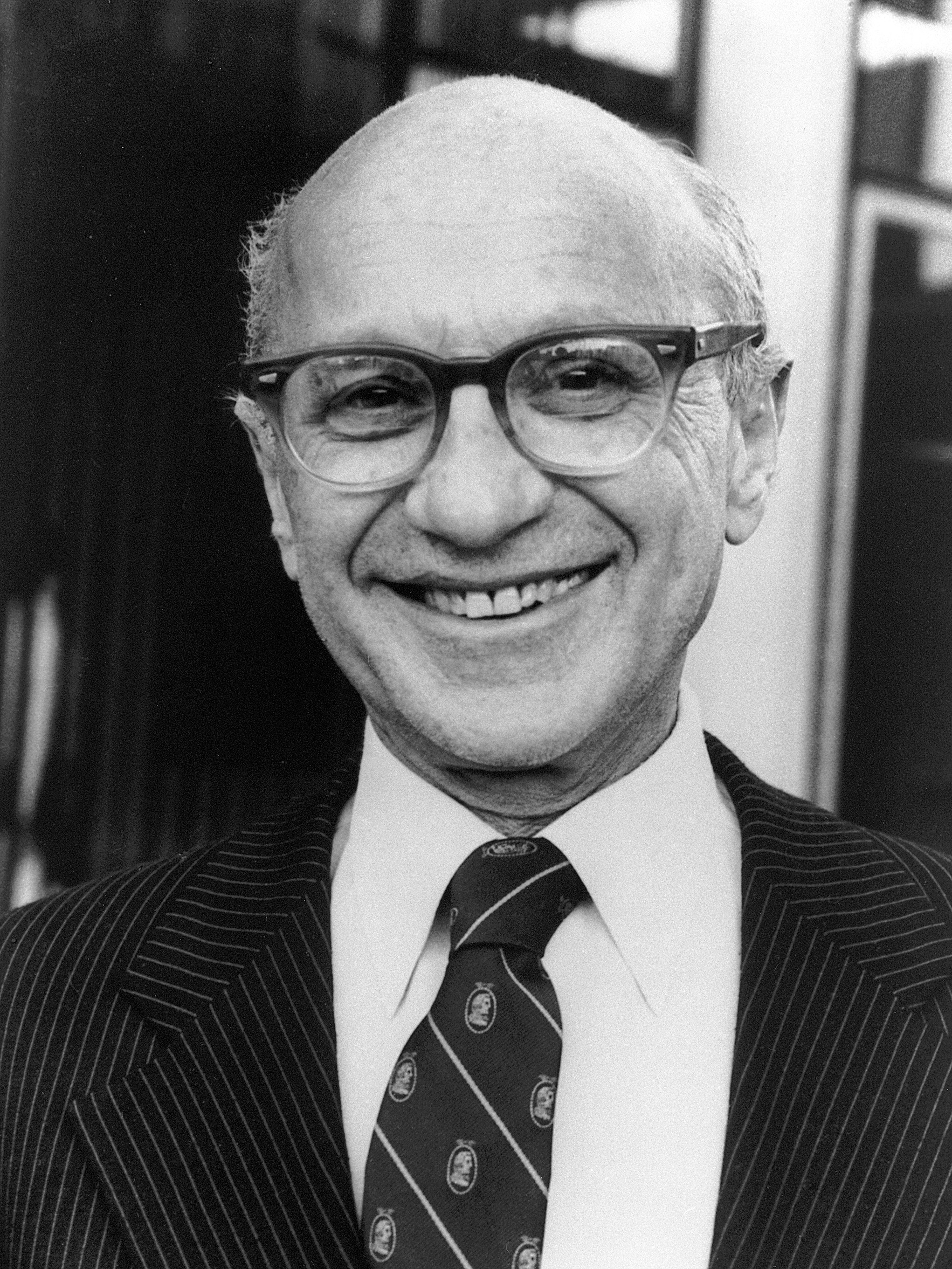
Milton Friedman
1912-2016
Economics Nobel 1976
“The ultimate goal of a positive science is the development of a “theory” or, “hypothesis” that yields valid and meaningful (i.e., not truistic) predictions about phenomena not yet observed. ” (p.7)
“Viewed as a body of substantive hypotheses, theory is to be judged by its predictive power for the class of phenomena which it isintended to “explain.”...Factual evidence can never “prove” a hypothesis; it can only fail to disprove it, which is what we generally mean when we say, somewhat inexactly, that the hypothesis hasbeen “confirmed” by experience.” (p.8)
Friedman, Milton, 1953, “The Methodology of Positive Economics,” in Essays in Positive Economics
Modeling, “Realism”, and Testability

Milton Friedman
1912-2016
Economics Nobel 1976
“The choice among alternative hypotheses equally consistent with the available evidence must to some extent be arbitrary, though there is general agreement that relevant considerations are suggested by the criteria “simplicity” and “fruitfulness,” themselves notions that defy completely objective specification. A theory is “simpler” the less the initial knowledge needed to make a prediction within a given field of phenomena; it is more “fruitful” the more precise the resulting prediction, the wider the area within which the theory yields predictions, and the more additional lines for further research it suggests.” (p.10)
Friedman, Milton, 1953, “The Methodology of Positive Economics,” in Essays in Positive Economics
Modeling, “Realism”, and Testability

Milton Friedman
1912-2016
Economics Nobel 1976
“Truly important and significant hypotheses will be found to have “assumptions” that are wildly inaccurate descriptive representations of reality, and, in general, the more significant the theory, the more unrealistic the assumptions (in this sense). The reason is simple. A hypothesis is important if it “explains” much by little, that is, if it abstract the common and crucial elements from the mass of complex and detailed circumstances surrounding the phenomena to be explained and permits valid predictions on the basis of them alone. To be important, therefore, a hypothesis must be descriptively false in its assumptions.” (pp.14-15)
Friedman, Milton, 1953, “The Methodology of Positive Economics,” in Essays in Positive Economics
Modeling, “Realism”, and Testability

Milton Friedman
1912-2016
Economics Nobel 1976
"To put this point less paradoxically, the relevant question to ask about the “assumptions” of a theory is not whether they are descriptively “realistic,” for they never are, but whether they are sufficiently good approximations for the purpose in hand,” (p.16)
Friedman, Milton, 1953, “The Methodology of Positive Economics,” in Essays in Positive Economics
Modeling, “Realism”, and Testability
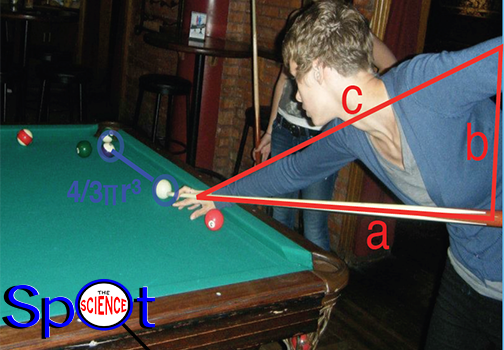
Is Economics Normative?
Positive economics: descriptive statements about the world or consequences of actions
- e.g. “A fall in the price of bread will cause more people to buy more bread and less of other substitutes”
Normative economics: prescriptions about what “we ought to do”
- e.g. “We should raise the price of bread to support struggling wheat farmers”
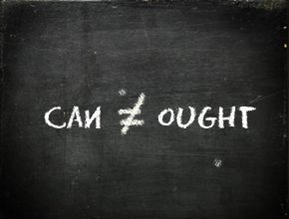
Back to Robbins’ Canonical Definition

(Lord) Lionel Robbins
1898-1984
“Economics is entirely neutral between ends;...in so far as any end is dependent on scarce means, it is germane to the preoccupations of the economist” (p.24)
“Economics as science is about ‘ascertainable facts’ of the positive as distinct from normative (ethical) judgments on economic policy” (p.24)
Robbins, Lionel, 1932, Essay on the Nature and Significance of Economic Science
Values
Historical writers wrote on political subjects, judged actions of State, advocated policies
Economists today recommend policy to policymakers
What is the role of the economist?
What values (if any) does economics promote?
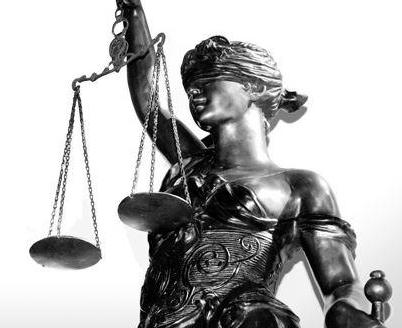
What is Economics About?
“In the first half of the 19th century, economics itself was regarded as an investigation of ‘the nature and causes of the wealth of nations’ (Smith), ‘the laws which regulate the distribution of the produce of the earth’ (Ricardo), and ‘the laws of motion of capitalism’ (Marx). After 1870, however, economics came to be regarded as a science that analyzed ‘human behaviour as a relationship between given ends and scarce means which have alternative uses’- an apt definition formulated in 1932 by Robbins, which, if taken strictly, would deny that much of what had gone before was economics. After two centuries of being concerned with the growth of resources and the rise of wants, economics after 1870 became largely a study of the principles that govern the efficient allocation of resources when both resources and wants are given. Classical economic theory was as much macro as microeconomics; neoclassical theory was nothing but microeconomics; macroeconomics came back into its own with Keynes and for a decade or so virtually replaced microeconomics.”
Blaug, Mark, 1996, Economic Theory in Retrospect, p.4